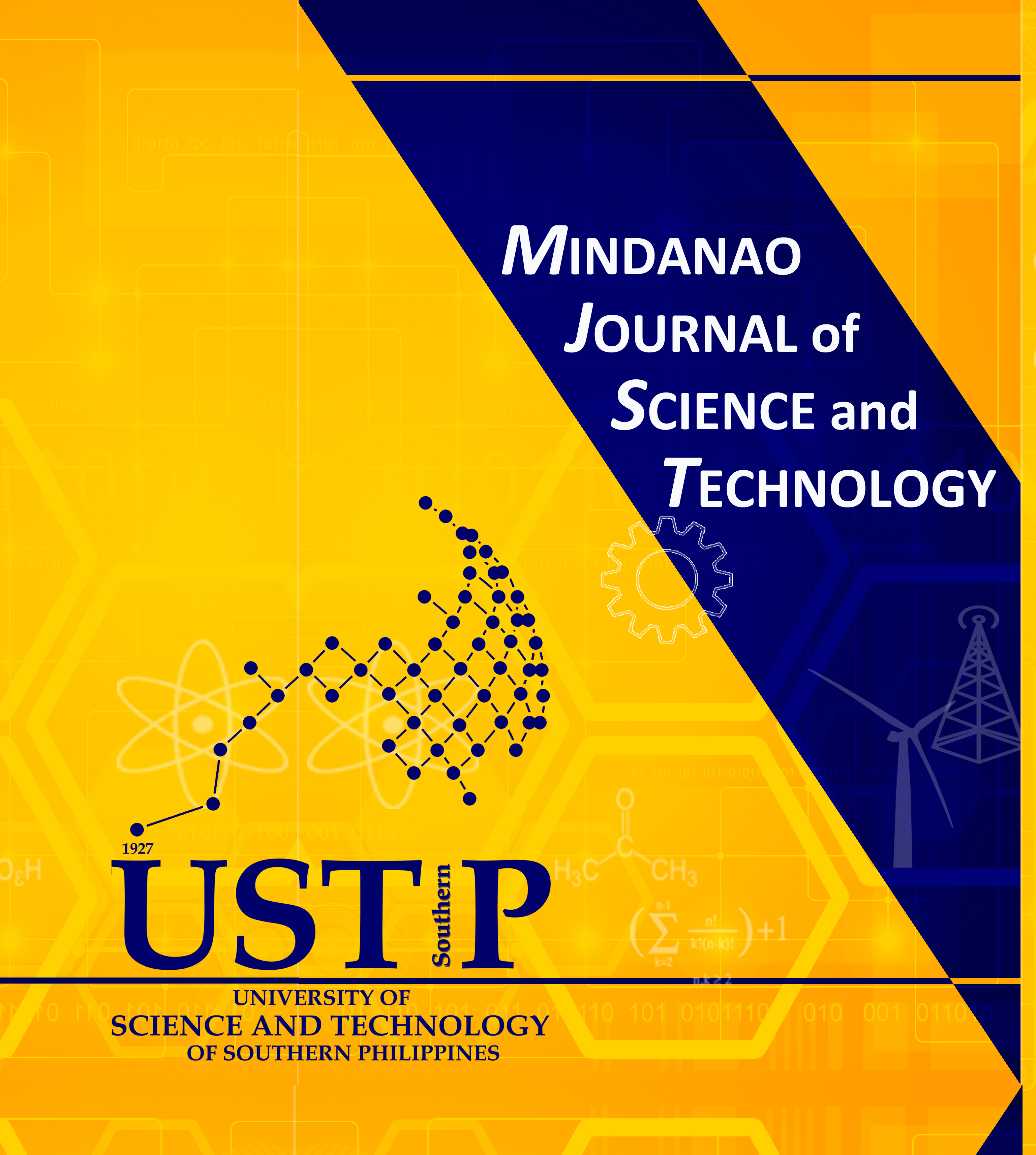Growth and Yield of Screenhouse-grown potted Pechay (Brassica rapa L. ssp. chinensis cv. Black Behi) in selected Davao-produced Composts
Keywords:
compost, germination, organic farming, pak choi, PhilippinesAbstract
Pak choi (Brassica rapa subsp. chinensis), locally called pechay, is a nutritious and sought-after vegetable among Asian consumers as its edible petioles and green leaves are suitable in various recipes. The use of composts and organic amendments is integral to organic agriculture which is promoted in Davao City, Philippines. However, there are no published local studies in the city on the effect of recently formulated composts on crops. Thus, this study explored how these compost amendments affect the growth and yield of potted Black Behi pechay under screenhouse conditions using a completely randomized design. Results revealed that germination was higher in seeds sown in pure potting mix (90 to 94 %) and vermicompost-amended potting mixes (94 to 100 %) than with Dr. Bo’s Biofertilizer (DBB) (75 to 92%). Mean plant height (18.42 cm), leaf length (10.31 cm) and leaf width (5.89 cm) were highest in plants grown in potting mixes amended with 20% Tacunan vermicompost (Tacunan). Furthermore, there were pest and disease incidences in plants under all treatments but the least incidence was observed in plants grown in DBB. Total fresh weight (14.71 g), dry weight (0.76 g) and marketable fresh weight (12.19 g) obtained were exhibited by plants grown in 20% Tacunan. Total biomass, however, was highest in the urea-amended potting mix (15.42%). Results revealed that the application of composts positively influenced the growth and development of Black Behi pechay with 20% Tacunan as the recommended amendment.










